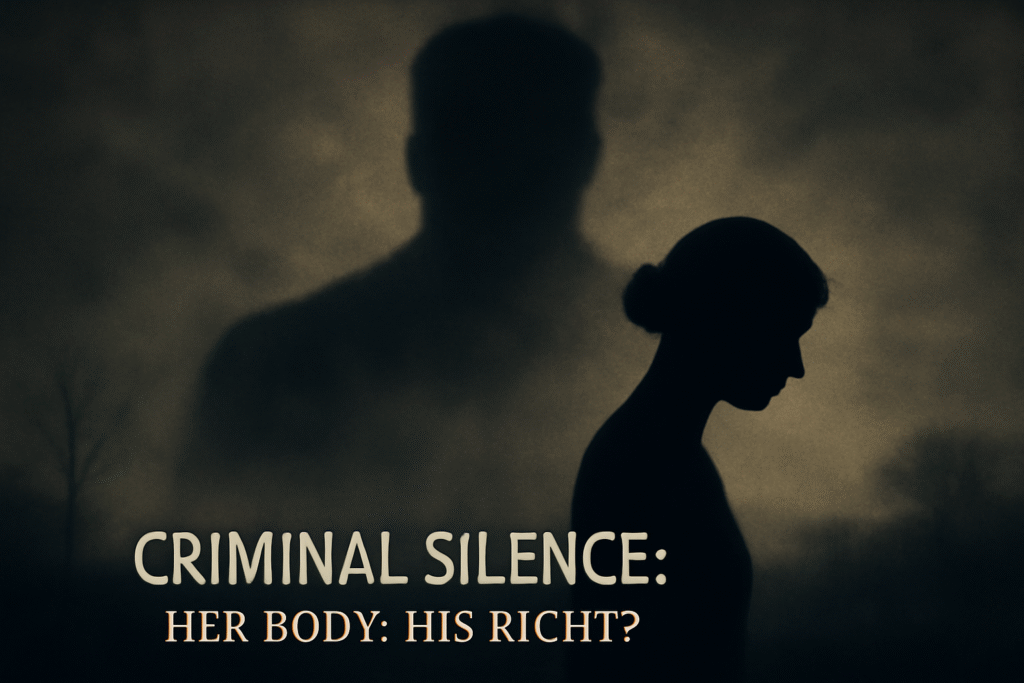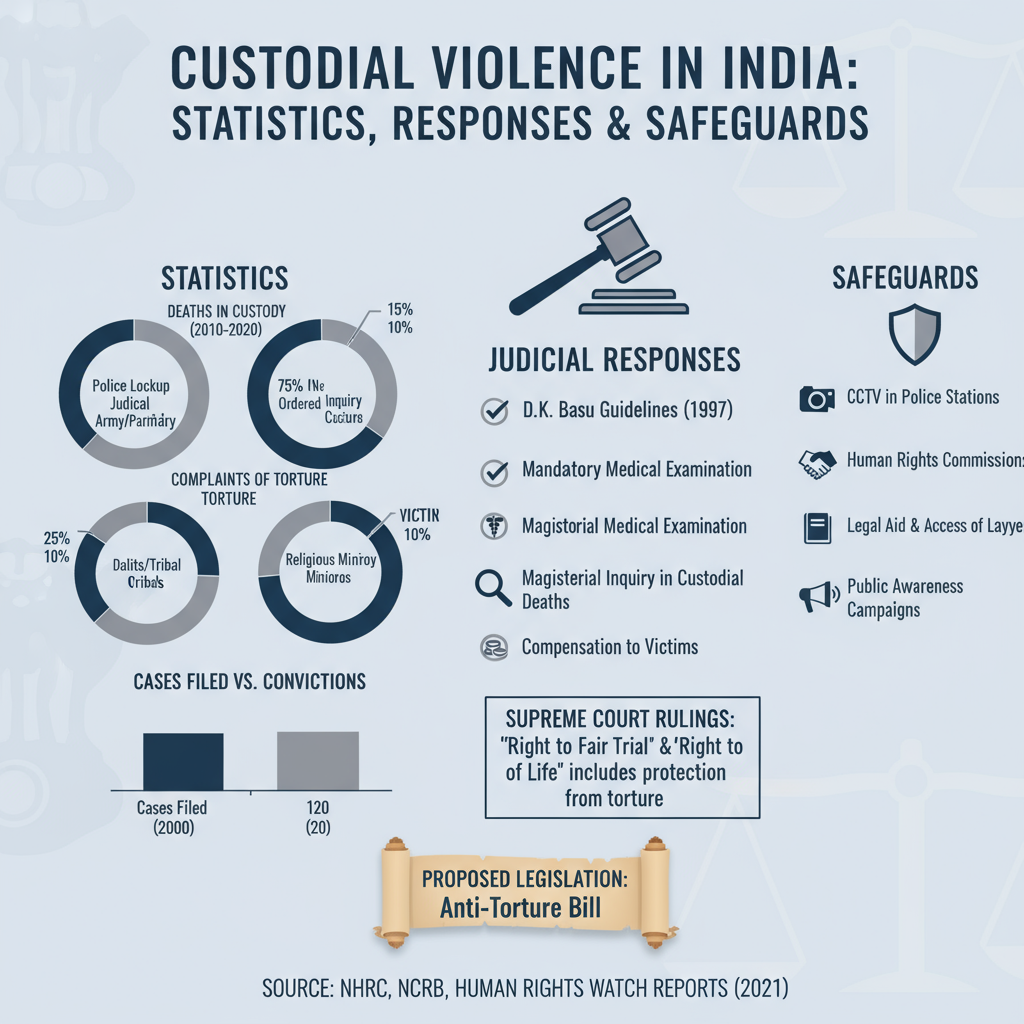Published on: 6th November 2024
Authored by: Yukta Rao
Guru Gobind Singh Indraprastha University
INTRODUCTION
Navtej Singh & Ors V. Union of India (2018) is a landmark judgement of the Supreme Court of India that decriminalized all consensual sex among adults, including homosexual sex. Section 377 of the Indian Penal Code, 1860, which made “carnal intercourse against the order of nature” illegal, was declared unconstitutional by the Supreme Court of India in a majority decision. This was because the law prohibited adults of the same sex from engaging in consensual sexual relations. In this case, dancer Navtej Singh Johar contested Section 377 of the Penal Code, arguing that it infringed upon his constitutional rights to equality, privacy, freedom of expression, human dignity, and non-discrimination. As sexual orientation is an intrinsic part of one’s identity and cannot be denied, the Court reasoned that discrimination based on sexual orientation violates the right to equality, criminalizing consensual sex between adults in private violates the right to privacy, and fundamental rights cannot be denied because they only affect a small portion of the population.
FACTS
Sec 377 discriminates a minority solely on the ground of their sexual orientation which is analogous to prohibited ground of sex. Suresh Kaushal and Anr v. NAZ Foundation and Ors was the case where the provision was contested. claiming that it is a violation of Articles 14, 15, and 21. in response to which the Supreme Court rendered an ambiguous ruling declaring that Parliament, not the courts, ought to have decided whether or not to decriminalise homosexuality. If it is proven beyond a reasonable doubt that the law violates constitutional requirements, the courts will only have the authority to take such action.
In addition, the court emphasised that there is no evidence to declare that section 377 IPC supersedes Articles 14, 15, and 21 of the Constitution, given that fewer than 200 cases have been filed in the past 150 years. Without going into greater detail, the Supreme Court concluded that Sec. 377 is not unconstitutional. In the Navtej Singh case, the same ruling was contested by five LGBTQ persons who filed a petition to repeal Section 377 IPC, which criminalised gays having consensual sex.
The petitioner in the case includes Navtej Singh Johar, a renowned Bharatnatyam dancer, along with four other LGBT activists – Sunil Mehra, Ritu Dalmia, Aman Nath, and Ayesha Kapur. The petitioner Navtej Singh was a classical dancer and identified himself with LGBT (Lesbian, Gay, Bisexual and Transgender) community. He filed a writ petition in the court seeking that the right to sexual autonomy and freedom to select one’s sexual partner should be included in the ambit of right to life under article 21 of the constitution. Additionally, he also appealed to declare IPC section 377 as unconstitutional. He contended that the language of section 377 is vague and there is no discernible distinction between natural and unnatural sexual actions. Additionally, he claimed that section 377prevents people from expressing their sexual identities through their choice of words and has a chilling effect on freedom of speech and expression by discriminating people on the basis of their sexual partners. He also claimed that section 377 violates the right to privacy by putting the LGBT people in fear of humiliation due to their lifestyle.
ISSUES RAISED
- Whether Section 377 violates the fundamental right to expression under Article 19(1)(a) by criminalizing the gender expression of persons belonging to the LGBTQI+ community?
- Was the rationale of the Supreme Court judgment in the Suresh Kaushal case sound in its understanding of morality as social morality?
- Whether Section 377 violates Article 14 and 15 by allowing discrimination on the basis of “sexual orientation” and “gender identity”?
- Whether Section 377 violates right to autonomy and dignity under Article 21 by penalizing private consensual acts between same-sex persons?
ARGUMENTS BY THE PETITIONER
- All sexual orientations, including homosexuality and bisexuality, are perfectly normal and should not be seen as diseases. Making it illegal violates people’s right to privacy protected by Article 21 of the constitution, undermines their sense of dignity, and causes discomfort with regard to gender identification. Additionally, it has an impact on the development of relationships, forced associations, personality maturation, and other fundamental aspirations as stated in Article 19(1)(a) of the Constitution.
- The LGBT population, which makes up 7-8% of all Indians, faces discrimination and harassment due to their sexual orientation. As a result, they require more protection than majority cultures in order to realise their full potential and live freely without fear, anxiety, or hesitation.
- Despite being granted rights and recognised as a third gender under the NALSA judgement, consenting behaviours by transgender people are nonetheless considered as an offence.
- The petitioners seek for scrapping off Section 377 IPC in so far as it criminalizes consensual sex between homosexuals. They are of the view that sec 377 should be confined to offences of bestiality and non-consensual acts.
- The petitioner contended that Section 377 infringes against a number of basic rights, including the rights to privacy, equality, dignity, and freedom of speech.
- Due to lack of intelligible differentia or reasonable classification between natural and unnatural sex, the section violates Art 14 of the constitution. The said terms are nowhere defined in the sec or the statute making it vague in nature.
- This section also contravenes article 15 of the constitution as article 15 includes sexual orientation and section 377 is biased on the basis of sex of a person’s sexual partner.
ARGUMENTS BY RESPONDENT
- According to the respondent on behalf of the intervener, section 377 amounts to organ abuse. Such acts are derogatory and undignified, and they also represent constitutional immorality and wrong.
- Sufficient rights are provided to the community by this court in NALSA and further reliefs asked by petitioners are mere abuse to privacy and personal liberty transgressing the concept of public morality.
- The criminalisation of activities under Section 377 is especially pertinent now since homosexuals who engage in these behaviours are more pertinent to get HIV than heterosexuals, and as a result, their right to privacy should not be extended.
- Declaring Sec. 377 unlawful would not only undermine the nation’s political, economic, and cultural legacy, but it would also totally demolish the family structure, the institution of marriage, and social culture.
- Section 377 does not infringe an individual’s constitutional rights since it is the state’s responsibility to impose reasonable limitations on certain behaviours, such as sexual activity, in order to shield its citizens from objectionable and harmful content.
- Since the state has the authority to choose who qualifies as a class for the purposes of passing legislation under reasonable classification, it does not violate Article 14. Furthermore, the Section just describes a crime and its penalty.
- Since Art. 15 primarily forbids discrimination based on sex and not sexual orientation, which is not included in the text, it is not violated.
- It will also impact the Indian Divorce Act, the Hindu Marriage Act, the Parsi Marriage and Divorce Act, and the Special Marriage Act.
JUDGEMENT
The five-judge bench of the Indian Supreme Court (Court) unanimously held that Section 377 of the Indian Penal Code, 1860 (Section 377), insofar as it applied to consensual sexual conduct between adults in private, was unconstitutional. With this, the Court overruled its decision in Suresh Koushal v. Naz Foundation that had upheld the constitutionality of Section 377.
The Court emphasised that gender identification is fundamental to a person’s individuality and that to reject it would be to violate that person’s dignity, drawing on its ruling in National Legal Services Authority v. Union of India. The Court found that denying the LGBT people their right to privacy on the grounds that they are a minority would be a violation of their basic rights, drawing on its ruling in K.S. Puttaswamy v. Union of India. It concluded that since consensual private sex “does not in any way harm public decency or morality,” Section 377 amounts to an unreasonable restriction on the right to freedom of expression. Furthermore, if it remains in law, it will have a chilling effect and “violate the privacy right under Art. 19(1)(a).” The Court upheld the notion that “intimacy between consenting adults of the same sex is beyond the legitimate interests of the state” and that regulations that discriminate against a certain group of people based on their sexual orientation constitute a violation of their right to equality under Articles 14 and 15 of the Constitution. In addition, the Court cited its rulings in Shakti Vahini v. Union of India and Shafin Jahan v. Asokan K.M. to emphasise that an adult’s freedom to “choose a life partner of his/her choice” is an aspect of personal freedom.
Chief Justice Misra argued that the constitution must direct society’s transition from an antiquated to a modern society where fundamental rights are fiercely protected. He made this argument on behalf of both himself and J. Khanwilkar. He said, “Constitutional morality would prevail over social morality” to ensure the human rights of LGBT individuals are protected, regardless of whether such rights have the approval of a majoritarian government.
According to J. Nariman’s analysis of the legislative background of Section 377, there was no justification for the law’s continuation because Victorian morality—the basis for Section 377—”has long gone.” In order to eradicate the stigma that the LGBT community faces in society, he finished his opinion by requiring the Union of India to take all necessary steps to publicise the ruling. In order to guarantee the community’s favourable treatment, he also gave orders for government and police authorities to become more aware of its predicament.
Although Section 377 was facially neutral, J. Chandrachud acknowledged in his view that its “effect was to efface identities” of the LGBT community. He said that the LGBT population will be excluded from health care and that the “prevalence of HIV will exacerbate” if Section 377 is upheld. In addition to the law’s need to protect same-sex couples equally, he said, it also has to actively work towards granting the community “equal citizenship in all its manifestations” and equal protection.
As J. Malhotra put it, homosexuality is “a variation of sexuality, not an aberration.” According to her, “spatial and decisional privacy” is included in the right to privacy, in addition to the right to private protection. She concluded that history owed the LGBT people and their families an apology for the long delay in bringing them justice for the shame and exclusion they had endured over the ages.
CONCLUSION
In a historic ruling in Navtej Singh Johar v. Union of India (2018), the Supreme Court ruled that Section 377 of the Indian Penal Code was unconstitutional, decriminalising homosexuality in the country. This decision reversed the Court’s own ruling from 2013 in Suresh Kumar Koushal v. Naz Foundation, which affirmed Section 377’s validity.
A number of LGBT organisations and activists filed the lawsuit, claiming that Section 377 infringed upon their basic rights to privacy, equality, and the freedom of speech. The five-judge panel unanimously declared that Section 377 was illegal because it harmed fundamental human dignity and infringed upon the right to privacy.
This landmark judgement decriminalised same-sex partnerships between consenting individuals in India, which makes it a historic decision. It cleared the path for the nation’s anti-discrimination laws and expanded LGBT rights. LGBT organisations and campaigners hailed the decision as a major turning point in the fight for equality. Additionally, it strengthened the LGBT rights movement worldwide. In India’s history of the constitution and human rights, the case will always be important.




